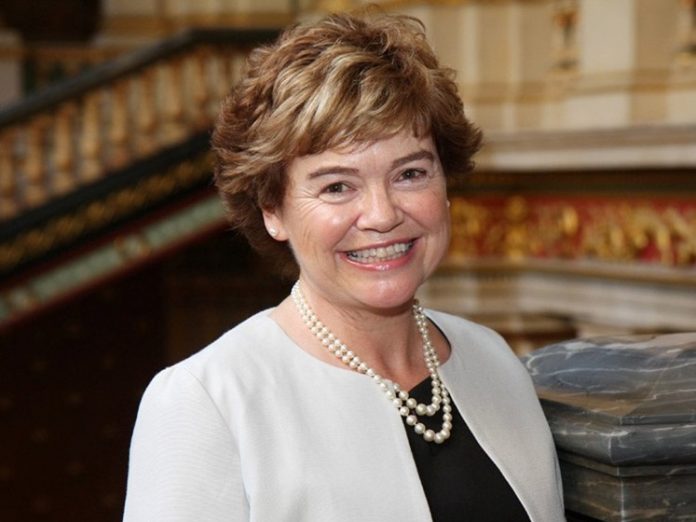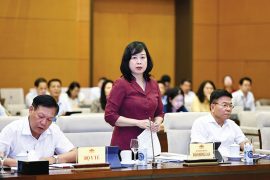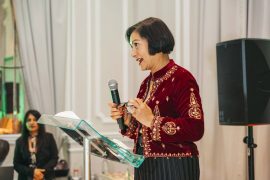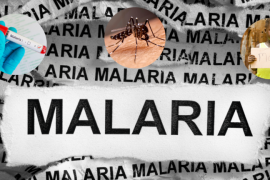The British High Commission in Nigeria has continued to support the government towards promoting good governance, trade, and women representation in key sectors of the economy. In this exclusive interview with African Leadership Magazine UK, the High Commissioner, Catriona Laing, talks about the UK government’s commitment to supporting Nigeria to achieve major milestones in key sectors of the economy. Excerpts:
You have worked in Africa for some time now. Can you share your experience with us and your journey thus far before your posting to Nigeria? What’s been the journey for you as a female leader and a female diplomat so far?
To start with Nigeria as my destination. I’ve been here three years, and I’m the first female British High Commissioner to Nigeria. Nigeria is one of our most important missions in Africa. And I’m one of the most senior British diplomats stationed on the continent, which underscores the importance of the UK-Nigeria relationship. So for me, in terms of career progression, this is the job I wanted. And of course, it couldn’t be more exciting and more challenging. My interest in Africa, started when I was about 11 years old. We moved house from a white middle-class area to a much more cosmopolitan, multicultural area and I suddenly had a completely different set of friends, from Ghana, from Nigeria, from India, from Pakistan. And it just completely changed my perspective.
One of my closest friends is Ghanaian, and her mother was a dominant figure in her household. I was very impressed with her, and her presence was very strong. And just hearing the stories of Ghana and Nigeria and other African countries, it just hooked me completely. And I just knew even from that young age that I was going to work in Africa. I didn’t see how that would happen, but I knew it was going to happen anyway.
Fast forward, I found out studying economics was a good way into international development. I studied economics, got my master’s, and then applied for an Overseas Development Institute fellowship program https://odi.org/en/odi-fellowship-scheme/. This is a brilliant program, which places about 20 young people in Commonwealth countries in Africa, the Caribbean and Pacific. So you go in as a junior economist, effectively, to work in a Ministry. And it’s a brilliant program because you see things from the perspective of the government of that country. I was sent to Botswana and was lucky because it’s a fabulous country with a brilliant planning system. So I learned the ropes of how a sound planning system works.
I eventually worked my way up from being the most junior to the most senior Planning Officer in my team. I felt like I was making a difference doing everything from helping develop Bostwana’s transport plan to the privatization of their national airline. It was just amazing to work; you get so much experience. From there, I joined what was then the Overseas Development Administration, the precursor of the Department for International Development – or DFID – as a junior economist.
Click HERE TO ACCESS THE FULL INTERVIEW on pages 43 – 47 of the January 2021 edition of the African Leadership Magazine.





Comments are closed.